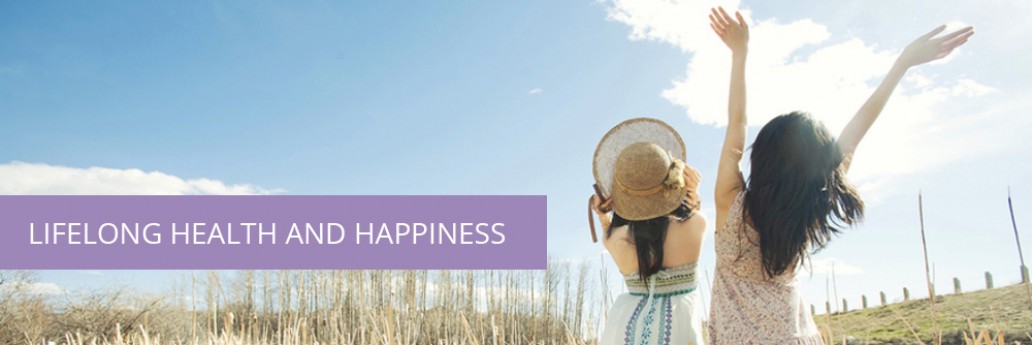This article will reveal the single human trait most highly correlated to happiness.
The Declaration of Independence proclaims that we have been endowed with the unalienable rights of life, liberty and the pursuit of happiness. If you are reading this, you are obviously alive and likely enjoying freedom, but how is the happiness thing working out for you? In the last ten years an unprecedented amount of research has been dedicated to the science of happiness, supported by hundreds of books and thousands of studies. Most of our lives we have been conditioned to believe that happiness is a destination that may be the result of a progression of events including living the American dream. Get an education, work hard, buy a home, have a family and at some point you may achieve happiness.
At Lifelong Health and Happiness, we have a different view that is absolutely supported by the latest scientific research on happiness. Our perspective is built on the premise of joy in the journey and we call it “Happiness First”. Starting with happiness leads to many other great outcomes in life: improved health, better marriages and relationships, higher performance at work, increased creativity, greater resilience to problems, enriched social interaction, superior community involvement and longer life expectancy. Not a bad list.
So here we go. . . . rather than give you a long list of things relating to happiness, we are going to start with the granddaddy of them all, the single most highly correlated human behavior that produces happiness. Fortunately this is something that everyone can achieve (although it will be easier for some people than others). While there are numerous studies, stories and examples of this singular factor, we will introduce it through the life experience of a world religious leader as shared when he was going strong at the age of 83.
Through his career and religious service, Joseph Wirthlin travelled the world, meeting with people from all walks of life in dozens of countries in North America, South America, Africa, Europe and Asia. In these interactions he met with heads of state, celebrities, leaders of industry, working class citizens and some of the most impoverished people in the world. He observed that in all of his travels and all of his interactions with rich, famous, powerful and even the most obscure and impoverished people in the world there was one characteristic that distinguished the happy from the unhappy. He also observed happy and unhappy people in every station in life, but this single trait would always be present in the happy people he met and almost never present in the unhappy people he met.
At this point we hope we have your attention. While you try to come up with this character trait in your own mind, let us share a list of things that are not the determining factor. We already implied it wasn’t wealth, fame or power (which it isn’t). It also was not love, faith, determination, a positive attitude, charity or service (although these all correlate positively to happiness). The single most important trait to achieving happiness is . . .

Genuine Gratitude
Consistently, research on happiness reveals that happy people are genuinely grateful people, some by nature and others by training. Everyone can increase their happiness by practicing and developing more gratitude for every aspect of their lives. Gratitude can also increase our resiliency to problems and help us discover more effective approaches to coping. For those of us less inclined to be grateful, we can follow regular exercises to increase our awareness and expressions of gratitude that have been scientifically proven to increase our happiness. In order for these expressions to be effective, you must achieve a sincere gratitude, not just lip service.

Simple: Think about the happiest people you know. Now think about whether they seem to be genuinely grateful people. Conversely, think of the most unhappy people you know and you will likely find that they are not genuinely grateful people, but will likely have an entitlement mentality. This exercise will produce almost 100% correlation in both directions, which is an illustrative experiment we can all conduct ourselves.
Simple: Create a gratitude journal, where you can write a few things you are grateful for on a regular basis. This can be every day but should not be less than once per week. Try to record at least three things each time you write and try not to repeat anything you have previously written. This practice has been proven in numerous studies to increase happiness.
Advanced: Read and follow the exercises recommended in one of the books we recommend for increasing happiness. Without reservation, our favorite book for achieving increased happiness is The How of Happiness, by Sonja Lyubomirsky. This is absolutely the most well researched and scientifically substantiated book on happiness. Read our full review for more details.

